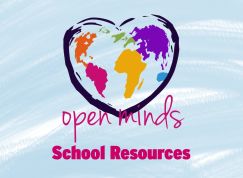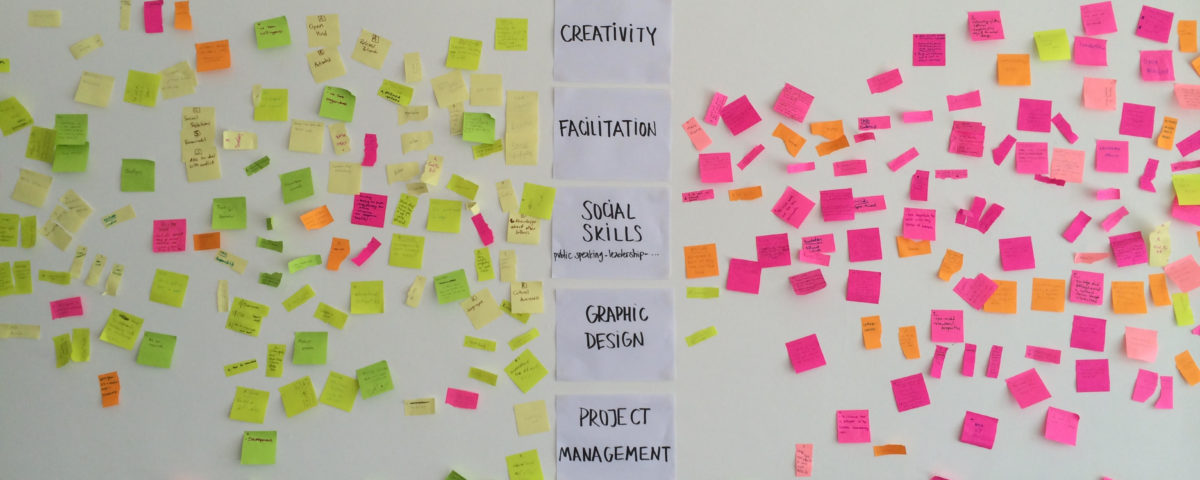CISV offers a fun and exciting experience, but there is a lot more to us than that! Our international programs are based on sound educational principles and objectives and our peace education curriculum.
Our purpose is to educate and inspire individuals to become active and contributing members of a peaceful society—active global citizens. We aim to stimulate the life-long development of amicable relationships, effective communication, co-operation and leadership skills.
We use an active, experiential “learning by doing” approach to deliver our peace education, which makes learning fun and memorable.
We are fully committed to our educational goals. As a result, we also take research seriously in order to assess our educational impact.
What Is Peace Education?
Peace education provides us with the attitudes, skills and knowledge to become agents of change, locally and globally. Through peace education, CISV seeks to educate and inspire our participants to become “active global citizens” working towards a more just and peaceful world.
Peace education looks at local and global issues that are relevant to us all, recognising that peace can mean much more than the absence of war. In fact, peace education encourages us to look at a wide range of issues and helps us gain a better understanding of:
- our own identity within the local and global community
- basic human rights as well as forms of exploitation and injustice
- conflicts and how they can be caused, prevented and resolved
- sustainable solutions for environmental and development issues
CISV Peace Education Content
In CISV we have four peace education content areas that are explored in our programs. Our peace education is delivered in a way that is both age-appropriate and experiential. The content areas are:
- Diversity – Explores the identity of the individual and asks us to consider ourselves within our own and the wider community.
- Human Rights – Considers how human rights affect every aspect of our lives and how violations can lie at the root of problems such as poverty, violence and lawlessness.
- Conflict and Resolution – Helps us to understand how conflicts can arise deliberately or otherwise and what can be done to help bring a peaceful resolution.
- Sustainable Development – Looks for integrated ways to promote economic and social well-being, while protecting the environment through the responsible use of natural resources.
Building Global Friendships for Peace
Having the opportunity to make friends with people from different backgrounds and life experience plays a vital role within peace education. This is because it encourages us to examine our own attitudes and values, which in turn helps to broaden our perspective of the world. It also helps to raise our self-awareness and our awareness of others.
CISV believes that fostering friendship between people of different nationality, gender, age, race, culture and class is a key building-block for peace. CISVers worldwide build friendships to learn from each other and take positive steps towards more peaceful and just communities.
Taking CISV into the Classroom
To help spread the message beyond the camp, CISV International and partner, momondo, have created two free educational school activities. 
These activities are based on activities run in CISV camps, helping children understand the importance of mutual tolerance and respect. To learn more, visit CISV International’s information on this exciting partnership!


